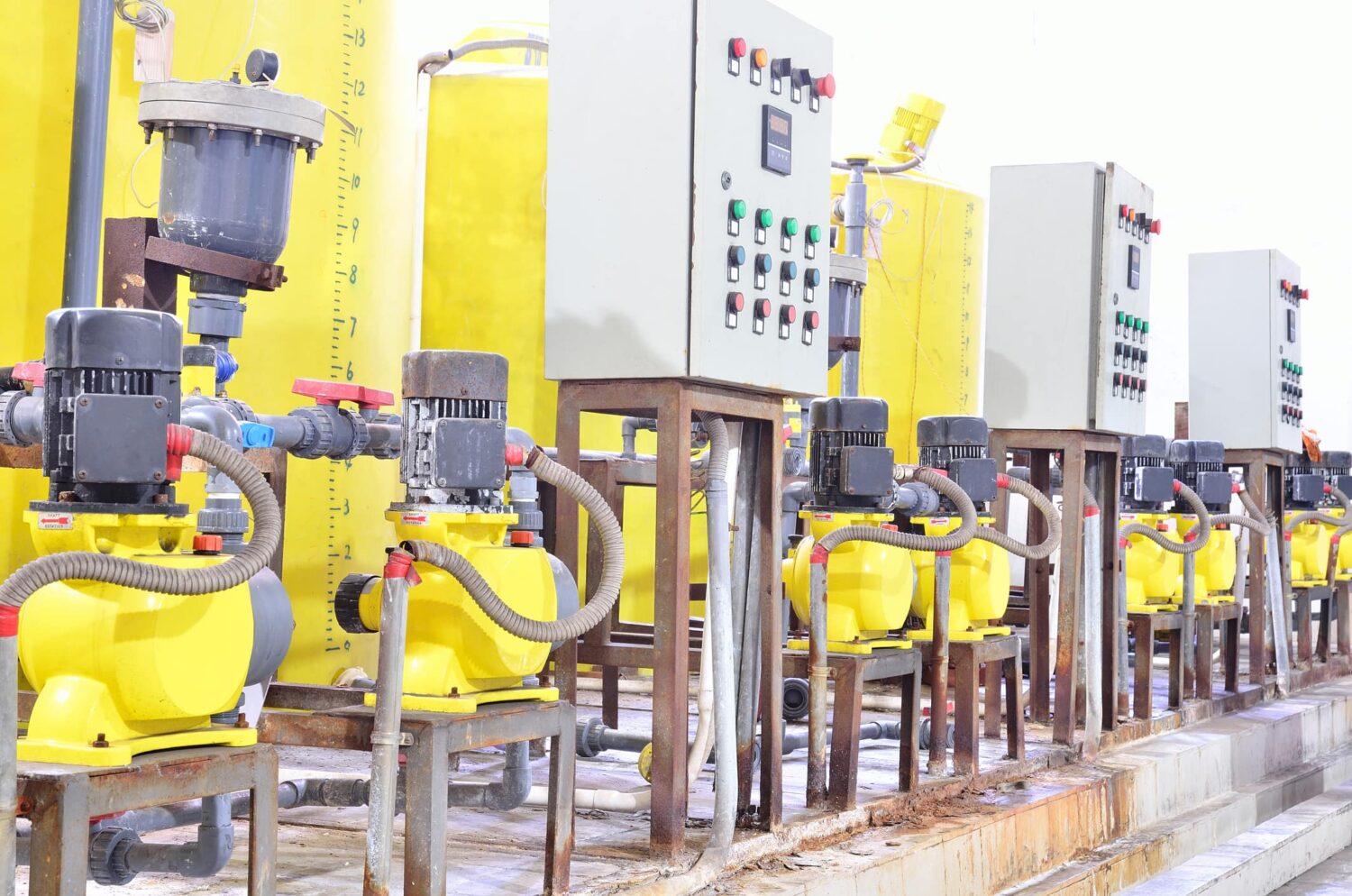The Challenge of Corrosion in Industrial Settings
The oil and gas sector, like most industries that depend on significant infrastructure, is engaged in a never-ending battle against time. Tanks, pipelines and other metallic assets are under constant threat of decay due to corrosion. Exposure to oxygen and other elements cause chemical reactions that gradually eat away at the metal, which results in equipment that no longer works as well as intended. With enough time, these assets will fail entirely, no longer capable of storing or transporting materials.
This is why companies in the energy, transportation and maritime industries in particular are always looking for ways to prevent corrosion so they can protect their equipment and get the most productivity out of it. Read on to learn more about some of the most popular methods for preventing corrosion and the role chemical dosing systems can play.
Key Methods of Corrosion Prevention
There are several ways to prevent corrosion in metal infrastructure, each of which has its own unique set of pros and cons:
Barrier Coatings — Applying paint, powder coating or plastic film to metal surfaces limits their exposure to moisture and other environmental factors that can lead to corrosion. Of all the anti-corrosion methods, this may be the simples to achieve, as the coatings are applied directly to the assets. However, these are not invulnerable and will flake or chip over time. Regular maintenance is required, which can be daunting for large-scale facilities.
Hot-Dip Galvanization — Steel can be dipped into molten zinc to create a corrosion-resistant alloy. This is because the iron reacts with the zinc to create a specialized coating that protects the underlying metal from the outside environment. Although this method is highly effective and has been used for centuries, it cannot be done on-site. This means it is not practical for equipment that has to remain in service.
Stainless Steel — Another type of alloy that helps resist corrosion is stainless steel, which is created by combining steel with other metals such as nickel and chromium. This helps strengthen the metal and give it greater resistance, but the process is so expensive that alloying large amounts of steel needed for infrastructure is not cost-effective.
Cathodic Protection — This method involves inserting sacrificial anodes into the pipeline, which work to give their own electrons to the metal so as to prevent corrosion. In essence, these anodes corrode in place of the actual asset, keeping it from corroding. Although this method is effective, it does involve the periodic replacement of the anodes to ensure the process continues. These anodes also add to the overall weight of the assets, which can be a problem in many applications.
Using Chemical Injection Skids for Corrosion Prevention
One of the most effective and popular methods of protecting infrastructure from corrosion is the use of chemical inhibitors. These are injected into the pipeline through the use of chemical injection skids, which are installed at strategic points throughout the system to inject them into the line with precise control.
Some chemical inhibitors are polymers, which are injected into the pipeline to coat the inside of the pipe and create a protective layer. Others are acids that work by causing a reaction with the metal that makes it more durable and resistant to corrosive elements. Some chemicals are introduced into the process line because they serve to slow down the process of corrosion, such as pyridine.
SMARTCORR® offers a wide range of chemical injection skids that provide exceptional performance in protecting equipment from corrosion and other applications. Our experts can help you find the unit that is best suited for your particular industry and needs, so reach out to us today.
Fighting corrosion is a perpetual struggle, but one that is absolutely necessary for many industries. Choosing the right mitigation strategy means being aware of your industry’s requirements and the specific environmental conditions you face. Talk to one of our representatives today to learn more about how a chemical injection skid may be the solution you need.



